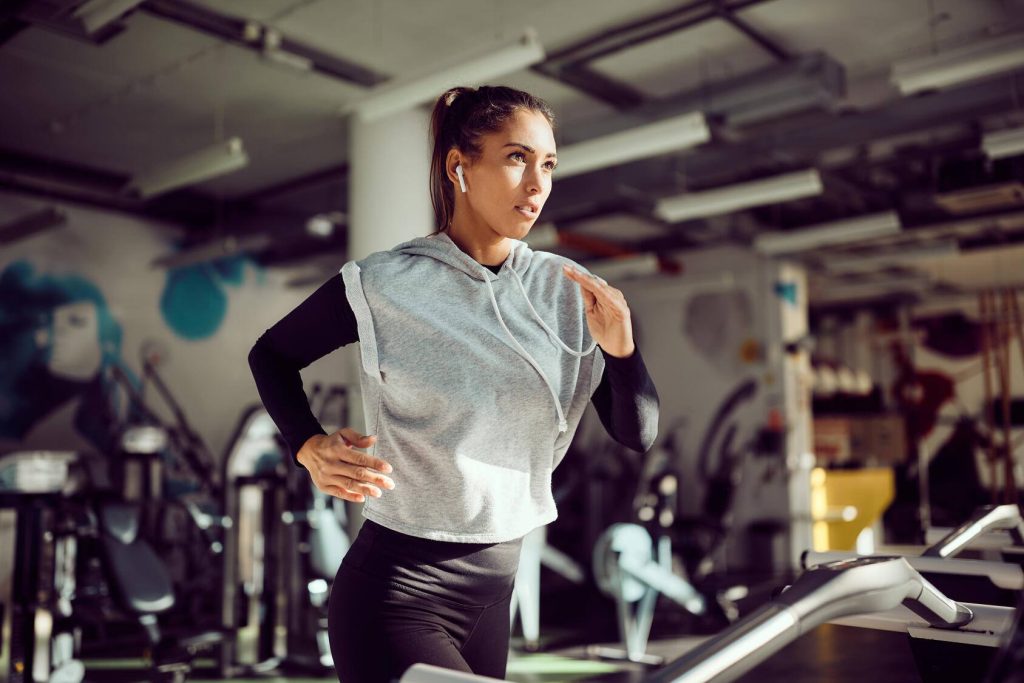-
Health & Wellness
Mayo Clinic Q and A: Menstrual cycle changes in young women

DEAR MAYO CLINIC: My daughter is 19 and just finished her first year of college. It has been a stressful transition for her, but she has managed to stay quite active. She is a swimmer and runner, and she also plays volleyball. About eight months ago, she noticed her periods becoming irregular. Her family medicine physician said this sometimes happens in athletes, and we should not be overly concerned about it. Now, my daughter hasn't had a period in four months. Can you explain what causes this, and will her cycle return to normal?
ANSWER: A woman's menstrual cycle can be affected by many things, including stress, exercise and disordered eating. Some young women who exercise a lot, such as elite athletes, may notice that their periods stop while they are in peak training. Others who are under a significant amount of stress or who lose a lot of weight also may stop their period.
The condition is known as functional hypothalamic amenorrhea. Basically, what occurs is hormones that are normally produced in the brain and then cascade down to signal follicular-stimulating hormones in the ovary are not produced. That signal does not translate to the production of estrogen and progesterone, so a woman loses her periods. They may become irregular initially, and then they may stop altogether.
In addition to the changes that occur to the ovarian hormones, there also is increased production of the stress hormone, cortisol.
Generally, this condition is reversible once a woman decreases the intensity of her workouts, regains lost weight or manages stress levels.
While not having a period for a short time is not dangerous, in the long term, not having a menstrual cycle can be damaging. For instance, if you are without estrogen for an extended length of time — more than 6 months, it can weaken your bones.
It also is important to understand that women in their early 20s are still building peak bone mass. We reach peak bone mass around age 30.
While the risk is low, bone thinning at an early age can lead to the development of osteopenia or osteoporosis. If most of those years have been spent in an amenorrhea state — no periods, a woman may never build that peak bone mass, and she will end up having osteoporosis later in life. So that is one worry since it may not be reversible.
Another worry is potential cardiovascular risk because, again, estrogen during the reproductive years is not there to protect the heart, so there are long-term effects on the heart. In addition, estrogen is important to keep blood vessels healthy, so exercising with low estrogen and high cortisol levels is not good for your heart.
I often am asked about how the loss of periods may affect a woman's ability to conceive later in life. Once periods are back and regular, a woman is ovulating again. So, if she was able to conceive prior to losing her periods, she will be able to again.
Young, busy women might not feel the need to see a specialist for their missed menstrual cycles, especially when they know they are not pregnant or they are not concerned about having a baby. However, having regular, monthly periods is a marker of good health. Having regular women's health checkups is important to monitor and address other factors, too. If a young woman has stopped having a period for longer than three months, it is advisable to visit with a health care professional. — Dr. Chrisandra Shufelt, General Internal Medicine, Mayo Clinic, Jacksonville, Florida
****************************
Related Article
- Ask the Mayo Mom: Managing heavy menstrual cycles and demystifying treatment options published 7/22/22
Related Articles







